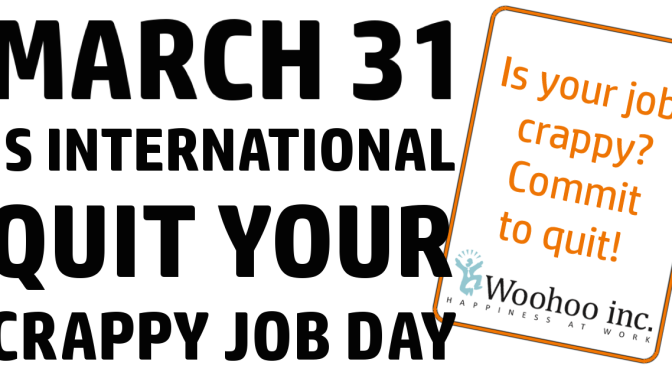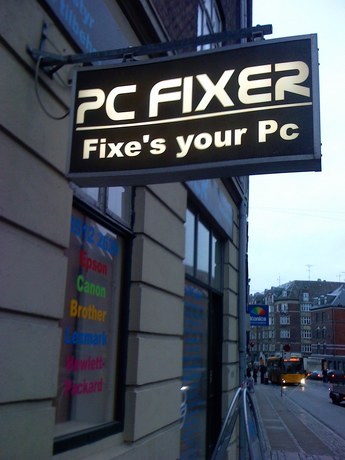
Should a company let its people telecommute? Is it good or bad for productivity? Does working from home make employees more stressed because it blurs the boundary between work and private life? Or is it good for families because it cuts down on time commuting and gives people more time at home? And is it true that most of the employees who work from home do so in the nude?
Pennsylvania State University have just published a meta-study that looks at these questions. It’s called “The Good, the Bad, and the Unknown About Telecommuting: Meta-Analysis of Psychological Mediators and Individual Consequences.” Catchy, huh?
The study analyzes the results of 46 other studies on telecommuting involving a total of 13.000 employees. The overall conclusion? Telecommuting is good for both employees and for the workplace. You can find the whole study here (pdf).
Main findings
Here are the findings that struck me as being the most interesting. For some reason, the study completely neglected to look at the nude/clothed aspect of telecommuting. On that one, your guess is a good as mine.
1: Telecommuting gives employees a sense of freedom at work
In other words, you feel that you have more control over your work environment. In fact, this turned out to be the root cause of many of the other effects found in the study.
2: Telecommuting is good for the family
A lot of people fear that telecommuting harms family life because it blurs the boundary between work and private life and pressures people to work when they’re at home.
This study found that the opposite is true and that telecommuting reduced conflicts between work and family.

From the study: The main effects of telecommuting
3: Working from home 1 or 2 days a week does not harm relations to co-workers or managers
However, working from home 3 days had a positive effects on the family, but also had a negative effect on workplace relationships.
The study also says that managers must adapt to accommodate telecommuting, or it won’t work:
4: Telecommuting makes employees more productive
The study looked at both self-perceived efficiency and how efficient managers thought their telecommuting employees were.
And while employees themselves did not feel more productive, the study did find a positive link between telecommuting and the manager’s rating of employees’ efficiency.
The study also looked for signs that spending less time in the office would harm employees’ career expectations by giving them less time to demonstrate value to managers. The study found no indication of this.
5: Telecommuting makes people happier at work
There was a positive link between telecommuting and job satisfaction. The study also showed that employees who can work from home are less likely to quit.
My take
All of these findings make a lot of sense to me, and it just underlines what I always say: Who knows better than you, when and where you do your best work?
I’ve always assumed that the employees of any given company are responsible adults, capable of making decisions for themselves. If they’re not, why were they hired in the first place?
The great thing about this study is that it clearly suggests that even though the effects may not be huge huge, telecommuting is good for both employees and for the workplace.
Your take
What about you? Do you work from home? Would you like to? How would working from outside the office a few days a week affect you?
Related posts
 :
:


 Reviews of my book keep coming in, and people have been saying amazingly nice things about it.
Reviews of my book keep coming in, and people have been saying amazingly nice things about it. Here’s the deal: I’d love to speak at Google.
Here’s the deal: I’d love to speak at Google. Numbers and money follow; they do not lead.
Numbers and money follow; they do not lead. Here are this week’s highest rated links from the Happiness at Work Link Collection:
Here are this week’s highest rated links from the Happiness at Work Link Collection:







